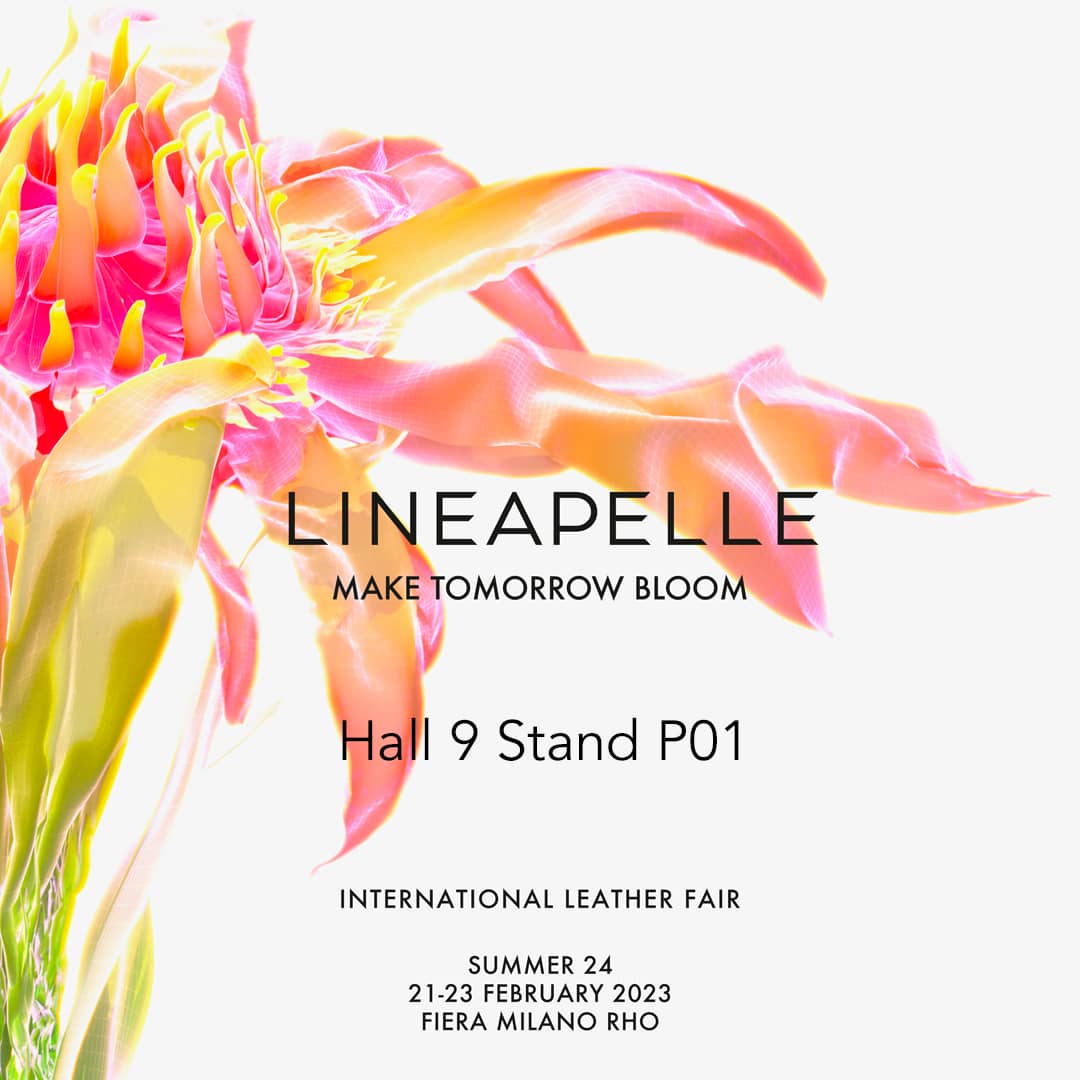
Oleatex, the Turkish brand creating plant-based leather, was founded in 2020. The name comes from the Latin oleum, meaning olives, which are the heart and soul of the product they create.
Oleatex, the Turkish brand creating plant-based leather, was founded in 2020. The name comes from the Latin oleum, meaning olives, which are the heart and soul of the product they create. One of the issues with the olive and olive oil industry is that the waste, namely olive mill pomace, in this case, does not have that many real-life applications. It can be utilized as fuel or organic fertilizer, however, this can generate unwanted carbon emissions, depending on the conditions. So, in essence, you could be harming the environment while trying to reuse waste. Leather is one of fashion's most commonly used materials despite it hurting the environment and the workers who manufacture it – not forgetting animals, too, if it is cow-derived and not synthetic.
That's one of the reasons why plant-based leather is better than plastic-based, wax, or polyurethane-coated artificial alternatives. Quality is another factor. Oleatex is comparable, if not better than PVC-laden 'vegan' leather. Oleatex is in the midst of getting certified by the USDA (the U.S. Department of Agriculture) to be labeled organic, V-label to be called a quality vegan and vegetarian product, and DIN to certify that is biobased and made of compostable materials. It is also much kinder to nature; not only is it obtained from herbal waste but it also uses fewer chemicals during its production. It uses water-based organic dyes and is free of carcinogens. The bio leather created by Oleago can be up to 70% plant-based depending on its intended purpose. They now want to increase this rate to 100% in a bid to create a perfect alternative to artificial leather. From a design and fashion perspective, Oleatex can be manufactured in various colors, patterns, softness, and qualities to suit the area in which it will be used. What makes Oleatex or any other product made from biowaste so sustainable is that as long as humankind continues to eat and live, there will always be enough "raw material."From Iznik and Gemlik in northwest Turkey's Bursa province and down south to the Aegean and southeast Anatolia, Turkey's coasts are dotted with olive trees.
Proximity to the raw material allows for its quick transport to production facilities, which is not only an advantage from a business perspective but also a big plus for the environment as it reduces greenhouse gases. Oleatex's pricing will also help it shine among others. The brand consciously designed a technology/production process suitable for mass production.Elaborazione: Duygu KarakusContatti: [email protected] (ICE ISTANBUL)


